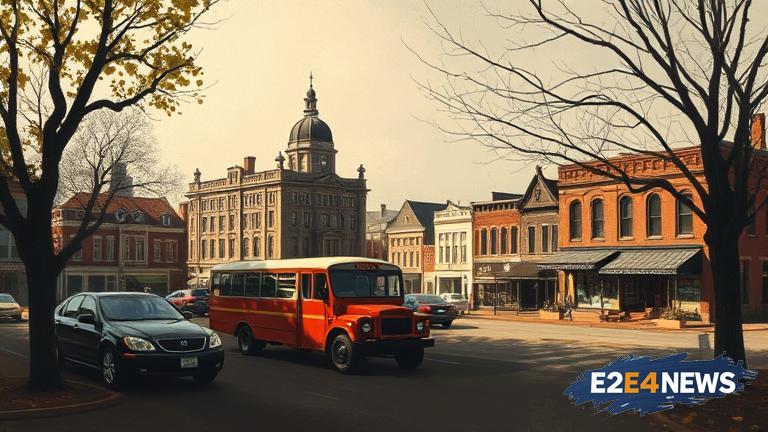Shelby County, located in the heart of Ohio, has a rich and diverse history that spans centuries. From its early days as a rural farming community to its current status as a thriving industrial and commercial hub, the county has undergone significant transformations over the years. One of the most notable events in the county’s history was the construction of the Miami and Erie Canal, which connected the Great Lakes to the Ohio River and played a crucial role in the development of the region. The canal, which was completed in 1845, brought new economic opportunities to the area and helped to establish Shelby County as a major commercial center. In addition to its economic significance, the canal also had a profound impact on the social and cultural landscape of the county. As the canal brought new people and ideas to the area, it helped to shape the community’s values and traditions. The county’s history is also marked by its role in the Underground Railroad, a network of secret routes and safe houses used by enslaved African Americans to escape to freedom in the 19th century. Many abolitionists and sympathizers in Shelby County provided crucial support to the fugitives, risking their own lives and livelihoods to help others gain their freedom. The county’s commitment to social justice and equality has continued to the present day, with many organizations and individuals working to promote diversity, inclusion, and human rights. Another significant aspect of Shelby County’s history is its agricultural heritage. The county’s fertile soil and favorable climate made it an ideal place for farming, and many families have made their living from the land for generations. The county is still home to many farms today, and its agricultural products are renowned for their quality and flavor. In recent years, Shelby County has experienced significant economic growth, with new businesses and industries moving into the area. The county’s strategic location, with easy access to major highways and transportation routes, has made it an attractive location for companies looking to expand or relocate. Despite its many successes, Shelby County has also faced its share of challenges, including economic downturns and natural disasters. However, the community has always come together to support each other and rebuild in the face of adversity. Today, Shelby County is a thriving and vibrant community, with a strong sense of pride and identity. Its rich history and cultural heritage continue to inspire and educate visitors from all over the world. The county’s many historical landmarks, museums, and cultural attractions offer a glimpse into its fascinating past, and its natural beauty, with its rolling hills, scenic valleys, and sparkling lakes, makes it a popular destination for outdoor enthusiasts. Whether you are interested in history, culture, or nature, Shelby County has something to offer everyone. With its unique blend of rural charm and urban sophistication, the county is a truly special place to visit or live. As we look to the future, it is clear that Shelby County will continue to thrive and grow, building on its strong foundation and rich heritage. The county’s commitment to innovation, sustainability, and community development will ensure that it remains a vibrant and dynamic place for generations to come. In conclusion, Shelby County’s history is a rich and complex tapestry, woven from the threads of agriculture, industry, social justice, and cultural heritage. From its early days as a rural farming community to its current status as a thriving industrial and commercial hub, the county has always been a place of opportunity and growth. As we celebrate its history and look to the future, we are reminded of the importance of preserving our cultural heritage and building on the strengths of our community.
